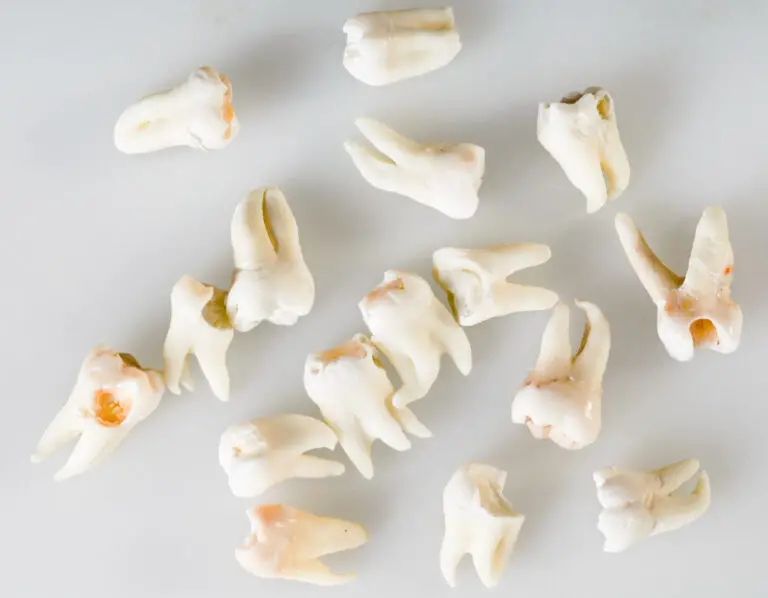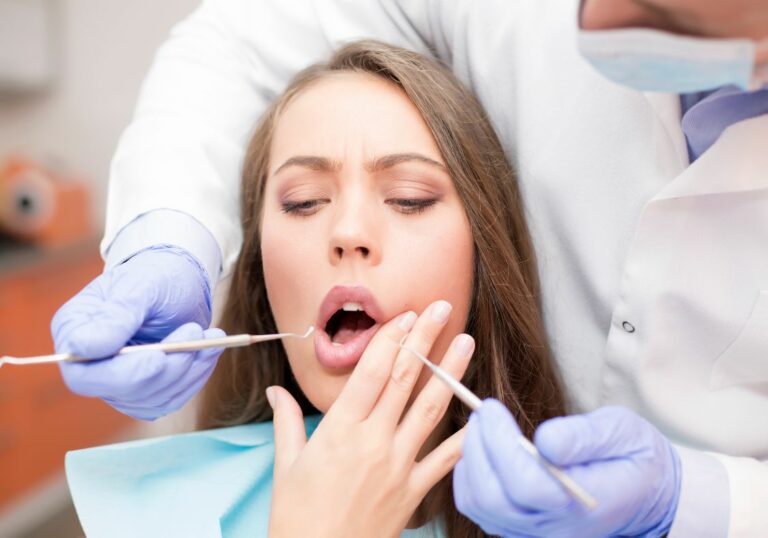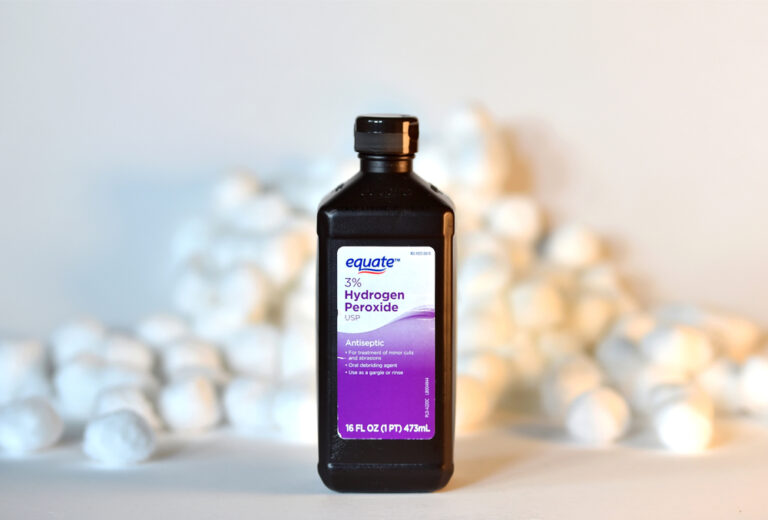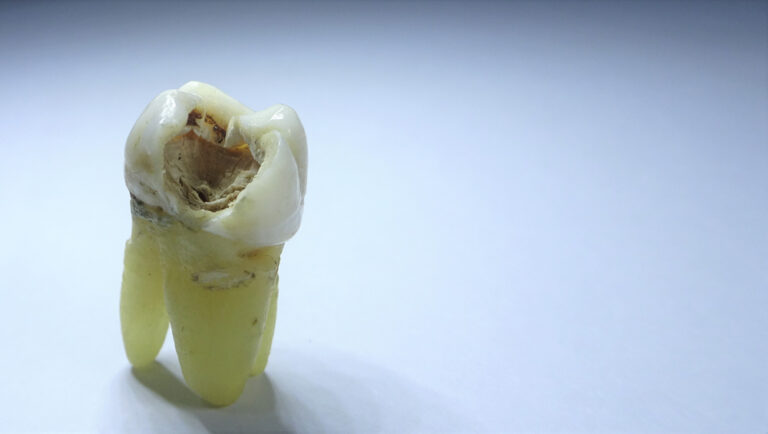Wisdom teeth are the third and final set of molars that erupt in the back corners of your mouth, usually between ages 17 to 25. They are called “wisdom” teeth because they come in later as a person matures.
These molars often become impacted, meaning they get stuck and cannot fully emerge through your gums. This can cause a variety of problems such as:
- Crowding or damage to nearby teeth
- Gum disease and dental infections
- Cysts or tumors around the impacted teeth
- Tooth decay from partially visible teeth
- Jaw pain, swelling, stiffness
- Migraines or earaches if inflammation spreads
For these reasons, dentists frequently recommend having your wisdom teeth extracted as a preventative measure even if you aren’t currently experiencing issues. Extraction is also needed if the wisdom teeth become infected, decayed or damaged.
Removal is done as an outpatient procedure, usually under general anesthesia so you stay comfortable and still during the oral surgery. Recovery takes about 1-2 weeks as your mouth heals from the trauma of wisdom tooth extraction.
Overview of wisdom teeth removal recovery
Getting your wisdom teeth removed is a common dental procedure. The third molars are extracted if they are impacted, infected, or causing other issues. Surgery is done under anesthesia and involves opening the gum tissue over the tooth and removing bone or tooth sections as needed.
Recovery time varies by person but generally follows this timeline:
- Immediately after: You’ll have gauze in your mouth to limit bleeding and you may still feel numb from anesthesia. Take care not to chew your cheek or tongue while numb. Rest with your head elevated.
- That night: Bleeding should subside. Take prescribed pain medications before numbness wears off to manage discomfort. Only consume soft, cool foods like applesauce or pudding. Apply ice packs to reduce facial swelling. Sleep propped up with pillows.
- Days 1-3: Swelling, pain, and fatigue peak during this time. Stick to a liquid diet of cool, smooth foods like yogurt, milkshakes, broths. Use ice packs regularly and take pain medications as directed. Rest as much as possible and avoid extensive talking. Keep your head elevated when sleeping or resting.
- Days 4-7: Slowly transition to soft foods like mashed potatoes, pasta, scrambled eggs. Swelling and pain should steadily improve each day. Oral hygiene is important – brush gently around surgical sites. Salt water rinses can be used to keep area clean.
- Days 8-14: Gradual return to a more normal diet is possible as long as foods are cut into small pieces. Discomfort typically subsides enough to return to work or school. Moderate activity is okay. Don’t resume strenuous exercise yet.
- Weeks 3-6: Healing should be well underway. Most patients feel back to normal by this time. Use caution when chewing on the surgical sites. All activities can be resumed once cleared by your surgeon.
Proper post-op care and follow-up with your dentist helps prevent complications. Let’s look closely at what to expect and do 48 hours after wisdom tooth extraction.
Post-op care 48 hours after wisdom teeth removal
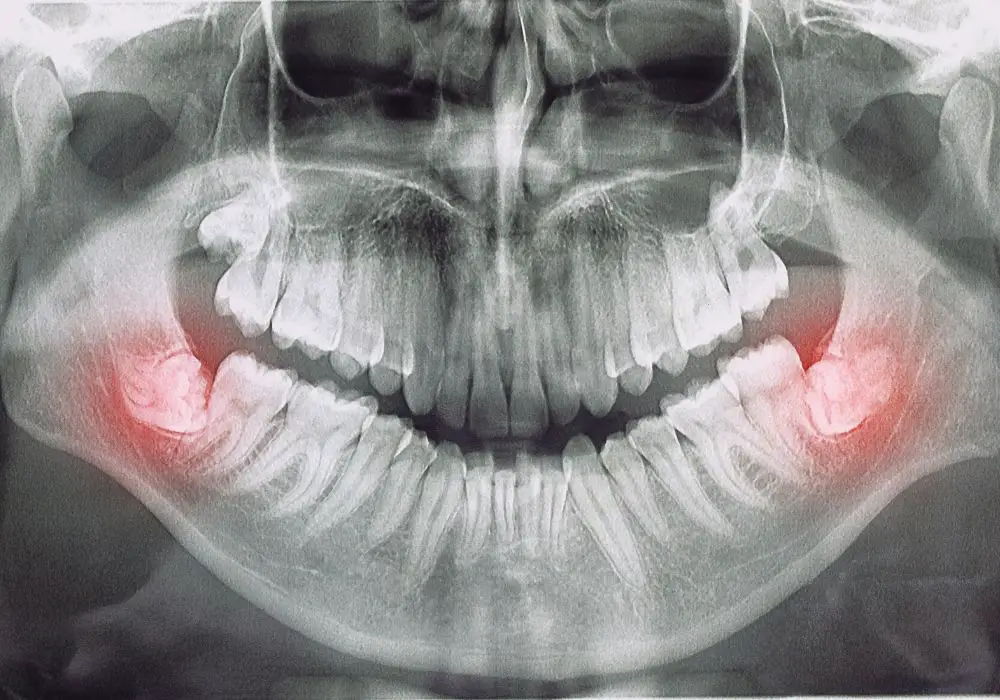
The second day after your surgery is often when swelling and pain reach their peak. Continue taking medications on schedule and practice these dental recovery tips:
- Medications – Take prescribed antibiotics and over-the-counter pain relievers as directed by your surgeon. Set reminders if needed. Stay ahead of the pain.
- Diet – Stick with a liquid diet of items you can drink or eat without chewing: juices, smoothies, milkshakes, yogurt, ice cream, broth. Avoid hot liquids or foods. Cool foods are soothing.
- Ice packs – Apply cold compresses to your outer jaw and neck for 15-20 minutes at a time, 2-4 times per day. Never place ice directly on bare skin. This helps reduce inflammation and pain.
- Oral hygiene – Brush very gently around surgical sites after 24 hours. Avoid forceful spitting. Do not rinse vigorously or use mouthwash during the first week – this can dislodge blood clots.
- Resting – Get lots of rest and avoid physical exertion. Keep your head elevated on pillows when sleeping or lying down to minimize gravity’s effects on swelling. Sleep on your back if possible.
- Activity – Restrict activity for at least 3 days after surgery. Avoid strenuous exercise, bending over, heavy lifting, etc. Move slowly and carefully to avoid disrupting the surgical site and stitches.
- Bleeding – Some oozing from extraction sites is normal for the first 2 days. Apply firm pressure with moist gauze or a tea bag if needed to stop excessive bleeding. Call your oral surgeon if bleeding persists.
- Speaking – Limit talking and social interaction for the first 3 days when swelling can make this uncomfortable. Stick to texting or writing. Avoid yelling, rinsing, spitting, and anything that creates pressure.
The second day after wisdom teeth removal is about letting your body rest and recover from the trauma of surgery. Take it very easy and don’t hesitate to call your oral surgeon’s office with any concerns.
Returning to normal activities
Most post-operative limitations are temporary, but returning to normal life after wisdom teeth removal takes time. Here are general guidelines for resuming activities:
- Going back to work or school – Take off at least 2-4 days for rest, longer if your job involves manual labor or lots of talking. Desk jobs may be possible after 2-3 days.
- Exercise and sports – Avoid all strenuous activity, exertion, and contact sports for at least 1 week. Light exercise like walking may be okay after 4-5 days. Weightlifting should wait 2 weeks.
- Travel – Limit travel for 5-7 days to allow for proper rest and monitoring by your oral surgeon. The pressure changes of air travel can be very painful and increase swelling. Long road trips also delay recovery.
- Eating – Gradually reintroduce solid foods after 4-5 days, starting with soft items like noodles or mashed potatoes before slowly progressing back to normal. Avoid very hot, spicy, or sharp foods that could irritate wounds.
- Oral hygiene – Gentle brushing is okay after 24 hours but avoid the surgery sites for 3-4 days until they start to heal over. Saltwater rinses can be used after 24 hours too.
- Medications – Finish your full course of any prescribed antibiotics or pain relievers. Stopping early increases risks. Wean off pain relievers as swelling diminishes.
- Smoking, drinking, using straws – Do not do any of these activities for at least 2 weeks post-op as they can dislodge blood clots and impair healing.
- Social plans or special events – Attending gatherings within 3-4 days is difficult with swelling, pain and medication side effects. Resume these activities slowly over 2 weeks as you feel up to it.
Your oral surgeon will evaluate healing progress at follow-up appointments and advise when you can fully resume your normal routine. With time, the surgery sites will mend properly.
Soft foods to eat after surgery

What you eat matters during wisdom teeth recovery. Stick with nutrient-rich soft foods and cool liquids for 4-7 days. Some good options include:
Drinks: water, electrolyte drinks, juices, smoothies, milkshakes, broth
Dairy: yogurt, pudding, ice cream, cottage cheese
Fruits: applesauce, mashed ripe bananas, avocado
Grains: oatmeal, farina, grits, cream of wheat, mashed potatoes
Proteins: scrambled eggs, soft or shredded meat, bean puree, tofu
Soups: broth, bisques, vegetable puree, congee, ramen
Avoid foods that are:
- Sharp or crunchy – chips, nuts, popcorn, crackers
- Hot temperature-wise – coffee, tea, soup
- Spicy – salsa, chili, curry
- Sticky or chewy – bread, bagels, dried fruit
- Hard or tough to chew – raw veggies, steak
Gradually reintroduce soft versions of these foods after 4-5 days if healing is progressing well. But focus on a liquid and soft food diet initially to allow extraction sites time to begin mending properly.
Swelling timeline and relief
Facial swelling is normal after wisdom tooth removal. Here’s what to expect:
- Swelling peaks on days 2 and 3 after surgery
- It may spread down to your jaw and neck
- Significant swelling lasts 3 to 5 days
- Minor residual swelling can last 7 to 10 days
- Full resolution by 2 weeks is normal
To minimize swelling:
- Apply cold compresses to your cheeks for 15 minutes at a time
- Use ice packs while awake and resting
- Sleep propped upright with extra pillows
- Avoid salty, spicy foods
- Rinse mouth gently without spitting forcefully
- Take anti-inflammatory medications like ibuprofen
- Limit physical activity and chin-down positions
Call your oral surgeon if you have excessive swelling accompanied by pus, redness, fever or chills, which may indicate infection. But moderate swelling is expected after wisdom teeth removal as your mouth recovers from the trauma of surgery. Be patient – it will steadily improve each day.
Recovery problems to watch for
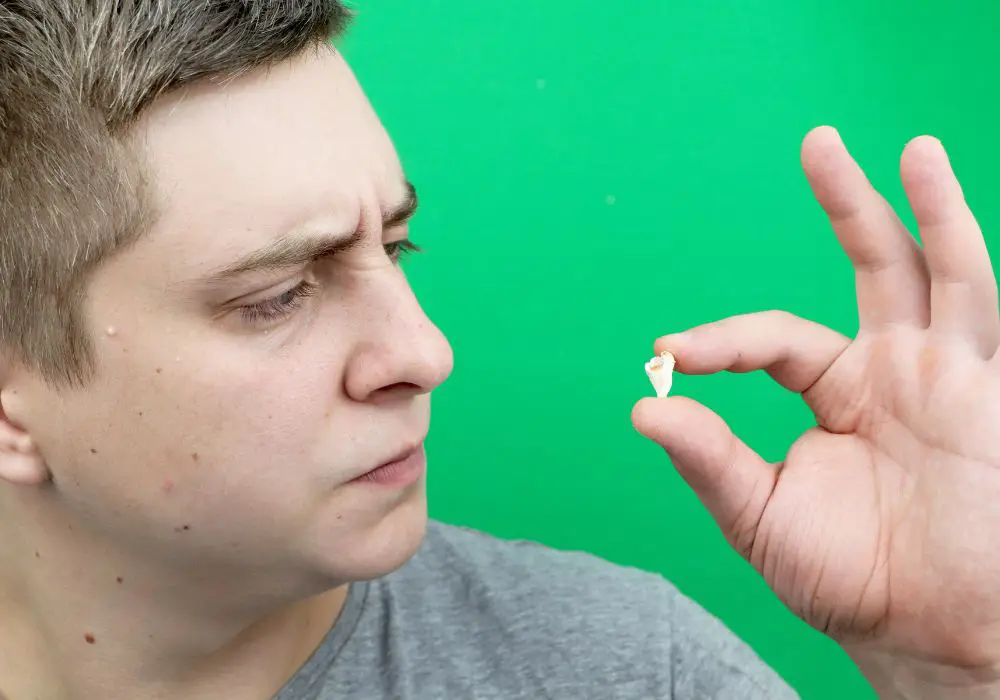
While wisdom tooth removal typically heals without incident, occasionally some complications can arise:
Dry socket – Swelling and pain peaks on days 2-4 and does not improve with medication. Bad taste or odor in the empty socket, which lacks a blood clot. Requires packing the socket with medicated dressings until it can heal.
Infection – Constant worsening pain after a few days, foul taste, fever, discharge from the socket. Usually treated with antibiotics and drainage if abscess forms. Call your dentist promptly if these infection symptoms occur.
Nerve injury – Numbness, tingling, or altered sensations in your lips, tongue, chin, or gums that persists longer than a few weeks. Rare after routine extractions but notify your surgeon immediately if concerned.
Bleeding – Some minor oozing is normal up to 48 hours after surgery. But call the oral surgeon if you have excessive bleeding you cannot stop with gauze pressure in the days following surgery.
Follow all post-op care instructions closely to lower risks of problems. But let your dental team know ASAP if your recovery seems abnormal or overly painful – don’t wait it out. Most issues can be managed if addressed promptly.
Answers to common recovery questions
Q: When can I resume brushing and flossing after surgery?
A: You can brush very gently after 24 hours but avoid the surgical sites for several days. Regular flossing should also wait one week. Use saltwater rinses in the meantime.
Q: How long will I need to take prescription pain medicine?
A: Most patients need strong prescription pain relievers for at least the first 3-5 days when swelling and pain peak. Then transition to over-the-counter meds and wean off everything as the discomfort subsides.
Q: What should I eat and drink in the first few days?
A: Stick with a liquid diet – items you can drink, suck through a straw, or eat without chewing. Cool soft foods like yogurt, smoothies, milkshakes, ice cream. Avoid anything too hot. Stay hydrated.
Q: How can I minimize bruising after my wisdom teeth removal?
A: Bruising is hard to avoid completely after oral surgery. Using cold compresses can help. Avoid high intensity exercise and excessive sun exposure for 1 week. The bruises take 7-14 days to fully fade as you heal.
Q: How much time should I take off work after surgery?
A: Most patients take at least 2-3 days off for rest and initial recovery. Desk jobs may be possible after a couple days but avoid heavy physical exertion for a full week. Everyone recovers at a different pace.

